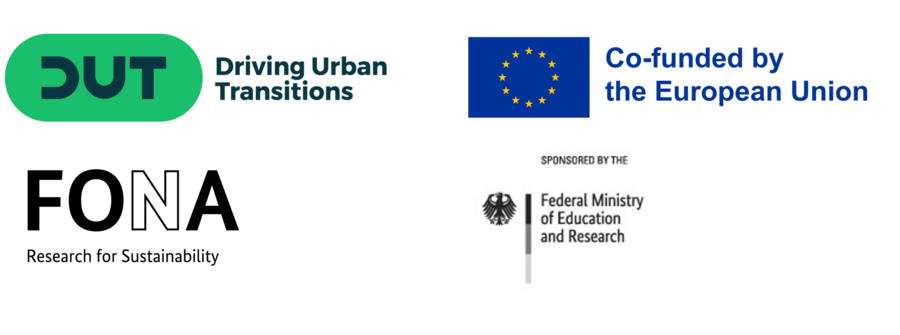Understanding Potentials of the Urban Freight Sector for the 15-Minute-City
Background & Motivation
The 15-minute city concept envisions neighborhoods with all basic services accessible within a 15-minutes reach, emphasizing reduced trips and travel distances. As this means the relocation of basic services into urban neighborhoods, freight traffic is also relocated towards these areas. But how and where freight demand will rise, and how user-choices and behavior will be influenced, is largely unknown.
Thus, urban freight currently lacks sufficient integration within the 15-minute city concept. Also, a lack of comprehensive data on urban freight hinders potential improvements for reducing its negative impacts (e.g. congestion, air pollution, compromised accessibility, usage pressure on public space). This data deficiency hinders the planning and research sector from aligning urban freight policies with city objectives and impairs the development of sustainable policies and solutions.
To address this, POTUS involves relevant stakeholders (urban administrations, academia, operators, residents) to address data gaps, standardize and further develop survey methods, acquire and model urban freight data. The learnings are transformed into planning recommendations and a userfriendly urban freight survey handbook. This joint approach allows for a transferability of urban freight data and tools as well as knowledge from small-sized cities to metropolitan European regions, acting as basis for evidence-based planning of holistic 15-minute neighborhoods.
Objectives & Goals
- Identifying diverse stakeholder's needs for an evidence-based integration of urban freight into 15-minute city planning (concepts, solutions, street design, operational and transport modes, ...)
- Investigating the potentials for aligned survey, analysis and modelling methods for better data acquisition and transferability within European cities
- Understanding urban freight (trip) demand in different representative neighborhood typologies
- Analyzing freight (trip) demand influencing factors (socio-spatial context, consumer-behavior, accessibility, cooperation-models, policies…)
- Assessing the impacts of tailored solutions for fostering alternative delivery and consolidation methods in different European neighborhood typologies

